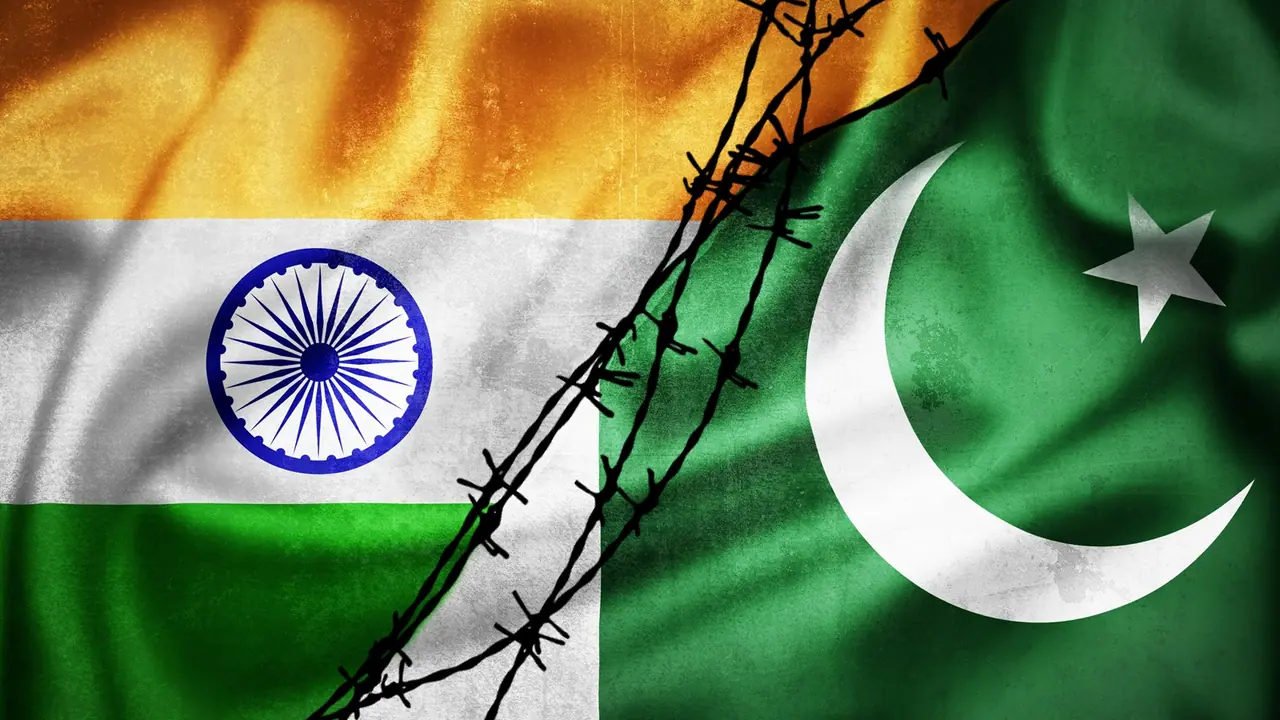India’s Operation Sindoor destroyed terror camps in Pakistan and PoK. As hostile allies plot revenge, India must strengthen defenses, counter alliances, intensify covert actions, and unite diplomatically and domestically to thwart future threats.
India’s bold Operation Sindoor, launched on May 6-7, 2025, smashed nine terror camps in Pakistan and Pakistan-occupied Kashmir, sending a clear message: we will not tolerate terrorism.

The Pahalgam attack on April 22, 2025, which killed 26 innocent civilians, demanded this fierce response. But Pakistan, backed by its allies China, Turkey, and Azerbaijan, is likely plotting a counterattack. India must prepare aggressively to crush any such move and protect our sovereignty. Here’s how we can fortify our defenses and stay one step ahead.
First, India’s military must remain on high alert. Operation Sindoor showed our strength—our Air Force bypassed Pakistan’s Chinese-supplied defense systems, and our indigenous Akash and BrahMos systems neutralized Turkish drones and Chinese missiles. But Pakistan, with its allies, will likely rearm with advanced weaponry. We must upgrade our integrated air defense network, deploy more radar arrays, and expand our missile defense systems, like the “Iron Dome,” to shield our skies.
Posts on X suggest India should superharden airbases and create an Integrated Rocket Force to counter threats. This is the time to act fast and build an unbreakable defense wall.
Second, we must counter the Pakistan-China-Turkey-Azerbaijan axis head-on. China supplies 80% of Pakistan’s arms, including PL-15 missiles, while Turkey provides deadly Bayraktar drones and Kemankes missiles. Azerbaijan, fueled by its own agenda, backs Pakistan with disinformation and diplomatic support. India should treat these nations as co-belligerents in any future conflict. If foreign weapons are used against us, we must hold their suppliers accountable—militarily and diplomatically. Expanding our space-based surveillance and counterspace assets, as suggested online, will help us track and neutralize threats early.
Third, India must hit Pakistan’s weak spots. Pakistan is a fragile state, crippled by economic chaos and internal unrest. Operation Sindoor proved we can strike precisely without escalating to full-scale war. We should keep up covert operations, cyber warfare, and economic pressure to destabilize their terror ecosystem. Targeting terror financing networks, as we’ve done before, will choke their resources. At the same time, we must strengthen our borders, especially along the Line of Control, to block infiltration attempts.
Diplomatically, India must isolate this hostile alliance. Turkey and Azerbaijan’s support for Pakistan has sparked outrage, with Indians boycotting their tourism and trade. Travel platforms like ixigo and EaseMyTrip have suspended bookings to these countries, and Indian traders are shunning Turkish goods. We should formalize these boycotts, reduce trade ties (Turkey accounts for just 1.5% of our exports), and pivot to allies like Armenia and Greece. China’s wavering support for Pakistan, as reported after Pakistan sought a US-mediated ceasefire, is a crack we can exploit. By briefing global powers and leveraging our growing clout, we can expose Pakistan’s terror links and shame its backers.
Finally, India must rally its people. The anger over Pahalgam and the loss of lives, like the twin sisters killed in Pakistani shelling in Poonch, fuels our resolve. We must channel this into national unity, supporting our forces and government. Public campaigns to boycott enemy nations and promote “Atmanirbhar Bharat” will hit their economies and boost our self-reliance.
Pakistan and its allies think they can challenge India’s might. They are wrong. Operation Sindoor was a warning—India will strike hard, fast, and without mercy. By strengthening our military, countering hostile alliances, and uniting as a nation, we will crush any retaliation. Let Pakistan and its backers tremble—India is ready.
(Girish Linganna is an award-winning science communicator and a Defence, Aerospace & Geopolitical Analyst. He is the Managing Director of ADD Engineering Components India Pvt. Ltd., a subsidiary of ADD Engineering GmbH, Germany. Contact: girishlinganna@gmail.com)


